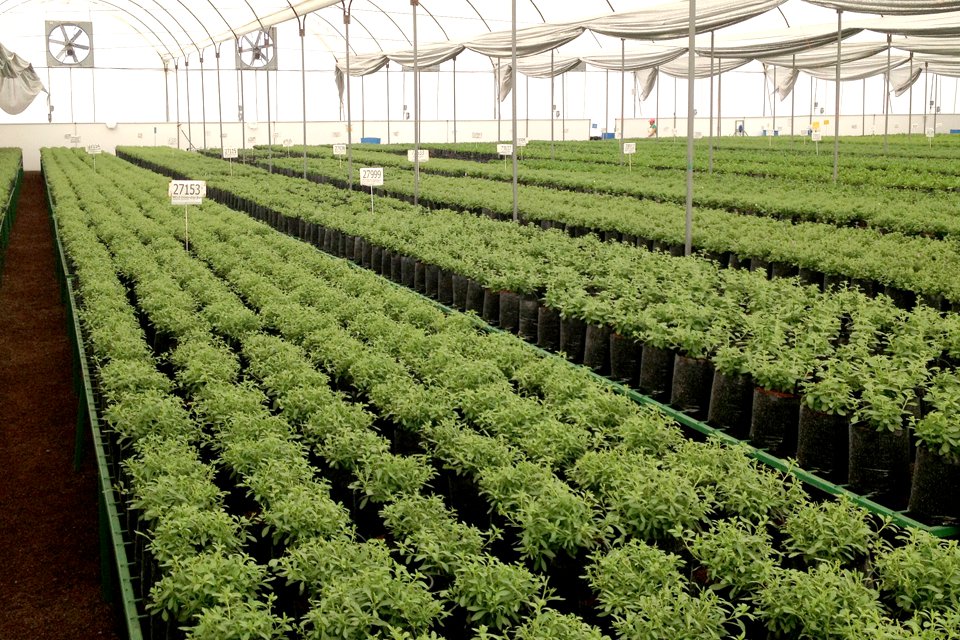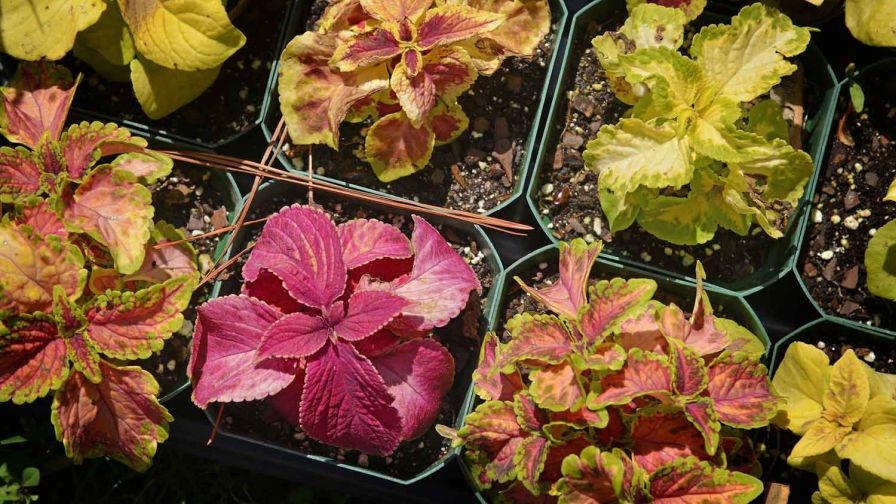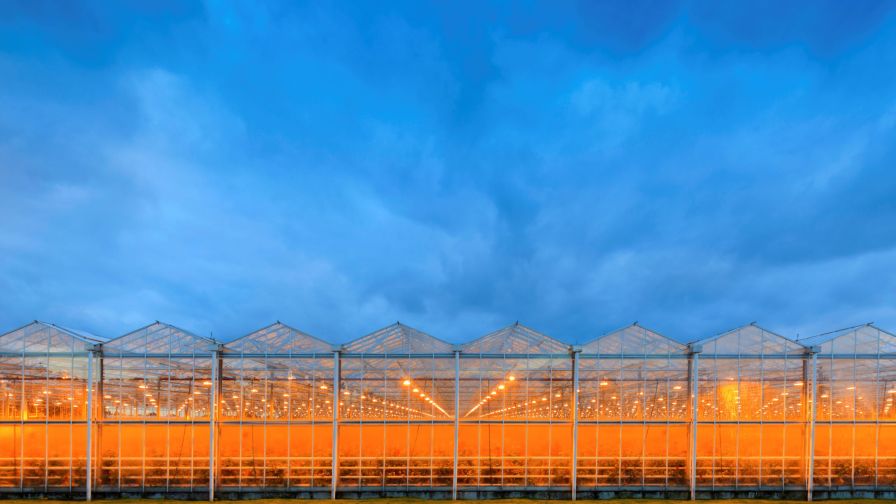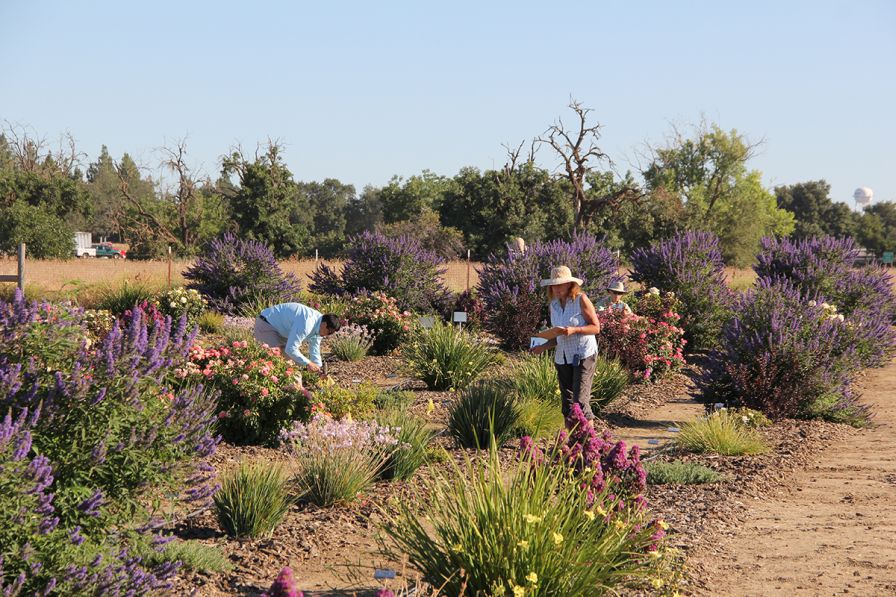Is it Time for the Horticulture Industry to Rethink What IPM Means?
 For experienced greenhouse growers, integrated pest management (IPM) is likely your go-to strategy when it comes to dealing with seasonal insect and disease control issues. Now, a team of researchers is suggesting it may be time to rethink what IPM really means.
For experienced greenhouse growers, integrated pest management (IPM) is likely your go-to strategy when it comes to dealing with seasonal insect and disease control issues. Now, a team of researchers is suggesting it may be time to rethink what IPM really means.
In a new research paper published in the latest issue of American Entomologist and outlined on EntomologyToday.org, Robert K.D. Peterson, Ph.D., Professor of Entomology at Montana State University in Bozeman, MT, and incoming President of the Entomological Society of America, says evolution holds a central place in pest management, yet its role in IPM has received relatively little attention.
“If we are to more formally and more completely incorporate evolutionary considerations into IPM, the emphasis needs to shift broadly and resolutely from killing pests to managing host stress, where possible. Control implies a heavy-handed program focused on the pests themselves, whereas management encompasses reducing host injury to tolerable levels in addition to modification of pest populations,” Peterson says.
Because of this, Peterson and his team have proposed an updated definition of pest management: “a comprehensive approach to managing host stress that is economically and ecologically sustainable.” This is similar to past definitions, but benefits from a focus on the concept of managing host stress as a way to incorporate evolution more formally in IPM.
“In our context, a host is the receptor of a pest’s activity or injury, so it can include plants or animals, including humans,” Peterson says.
Read the complete story here.









